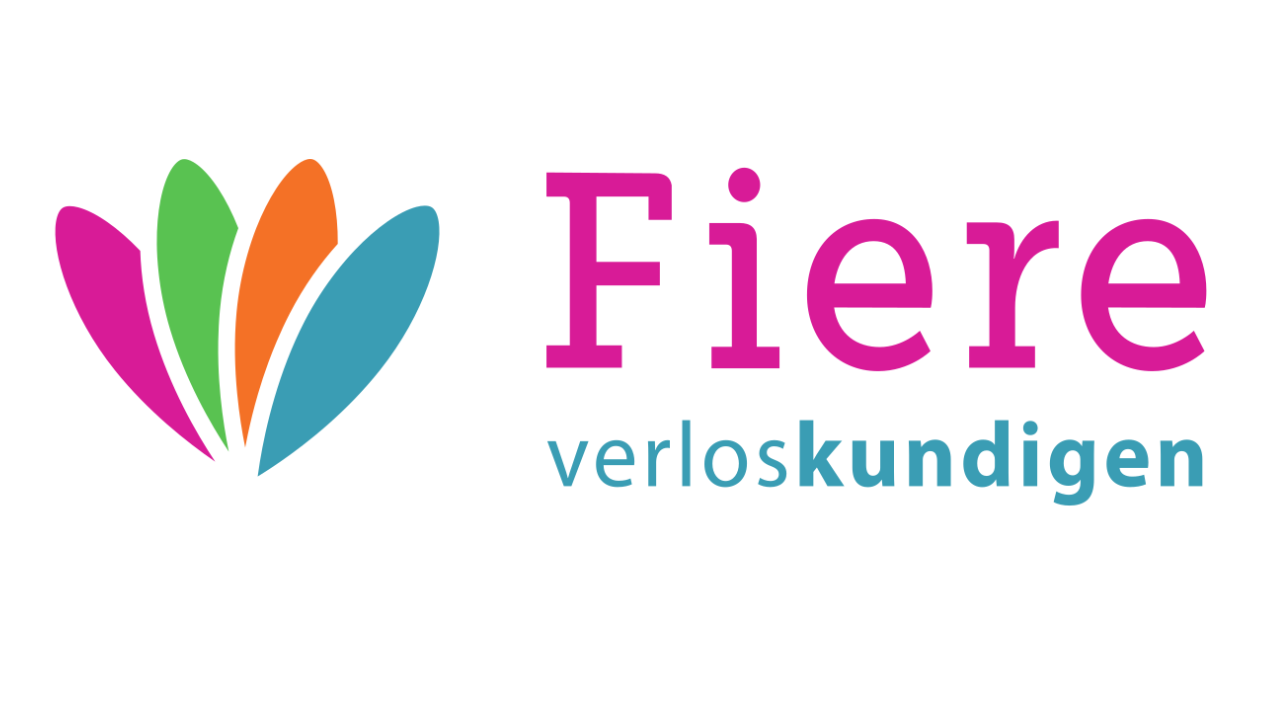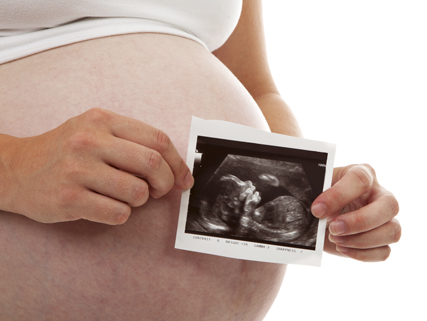Healthy pregnancy
For yourself and your child
By adopting a healthy lifestyle before and during your pregnancy, you can positively influence the outcome for you and your baby. Therefore, take good care of yourself and your baby. On the pregnancy information evening we tell you about this in detail.
A healthy lifestyle
Less risk of complications
A healthy lifestyle of both parents can reduce the risk of complications during pregnancy, delivery, in the postpartum period, as well as in your child's later life. This includes aspects such as diet, weight, smoking, alcohol and medication use. Furthermore, possible risk factors in the family or at your work can play a role.
Prevention is better than cure!
Which advice you choose to follow or not, of course, remains entirely up to you. Bear in mind that the period you are pregnant is relatively short and its consequences can be lifelong. Healthy pregnancy is therefore the advice as far as we are concerned. After all, prevention is always better than cure! You can come to us if you have any questions about this; this is also known as the fertility consultation hour.
Nutrition
Eat healthy and drink a lot
It is important to eat healthy and drink plenty of fluids. You don't have to eat for two, but don't go on a diet during pregnancy. The nausea at the beginning of pregnancy can make you lose a few kilos, which is no big deal. On average, women gain 12-15 kilos during pregnancy, some more, some less.
Folic acid
Use folic acid from when you stop contraception until the first 10 weeks of pregnancy (400 or 500 micrograms). Folic acid reduces the risk of a number of serious disabilities in the baby including spina bifida (spina bifida).
Correct information
You can find a lot on the internet about do's and don'ts regarding nutrition in pregnancy. We recommend reading about them at www.voedingscentrum.nl. Here you will find information that is correct. Complete information on raw meat, raw milk, liver and fish, among others. You can also download an A-sheet with important tips there, handy for the fridge!
Smoking, alcohol and drugs
Alcohol
Alcohol is harmful for your child
Don't drink alcohol when you are pregnant. It is bad for your baby. Even an occasional glass can be harmful. It is bad for organ formation, sometimes the baby does not grow properly, or is born prematurely. It can cause learning, behavioural and concentration problems in your child.
Find more information at: www.alcoholenzwangerschap.nl
Smoking
Smoking hinders growth, among other things
Smoking is bad for your baby because the harmful substances from the cigarette enter your baby's blood via your blood through the placenta and umbilical cord. As a result, your baby gets less nutrition and oxygen. As a result, the baby does not grow as well.
Life-threatening complications
It can also cause other (life-threatening to the baby ) complications in pregnancy. Cot death is also more common if the pregnant woman has smoked, or if smoking occurs in the presence of the baby. Second-hand smoke is also unhealthy. Ask people around you to smoke outside.
More information can be found on the website www.stivoro.nl or Trimbos
Notify us
Always tell us you smoke, we can then see if we can help you quit or if we need to do extra checks during pregnancy.
Drugs
Drug use is very dangerous
Never use drugs during your pregnancy. Taking drugs (including blowing) is very dangerous for your baby. Always tell us if you use drugs, so we can see if we can help you stop. It's also very important for us to know so that we can do extra checks during pregnancy if necessary, and in the case of hard drugs, the baby has to be detoxified after birth.
More information can be found on the website www.jellinek.nl
Work
Workplace risks?
You would be wise to check whether your workplace poses risks to fertility or pregnancy. If you think your workplace poses risks, preferably seek advice from the company doctor or occupational health and safety service before you become pregnant. On the website the Ministry of Social Affairs and Employment you will find more information on this.
Actively pregnant gives birth easier
Exercise can prevent or reduce many symptoms in pregnancy, improves your sleep and it is scientifically proven that women who exercise actively during pregnancy give birth more easily. Norwegian research in 2015 shows that women who exercise reasonably intensively three times a week are 14% less likely to have pelvic pain.
Moderate-intensity exercise
The generally accepted advice (even outside pregnancy) is 30 minutes of moderate-intensity exercise at least five days a week. At moderate intensity, you have a noticeably higher heart rate, your breathing is faster, but you can still talk. The following applies to all sports in pregnancy: listen to your body!
Increased risk
Contact sports and sports with an increased risk of falling (e.g. boxing, horse riding, skiing) are not suitable during pregnancy. Swimming, walking and cycling, on the other hand, are. There are also several pregnancy sports courses in Groningen, you can find them under the heading courses in Groningen.
Sauna
Not in the first 14 weeks
Although not studied on humans, we may infer from animal studies that visiting the sauna in the first 14 weeks of pregnancy is not recommended. Higher rates of miscarriage and birth defects have been observed in animals exposed to high temperatures during the early period of gestation. It is therefore hypothesised that high temperatures early in pregnancy could potentially cause abnormalities and miscarriages. Therefore, we recommend not visiting the sauna for the first 14 weeks.
Take care and listen to the body
After the 14th week, you may visit the sauna normally. Just start carefully and do short sessions, as the hormones may cause you to react differently to them than outside pregnancy. Don't go into the hottest sauna. If you get dizzy or otherwise feel grimy leave the sauna immediately.
Tanning and sunbed
Be careful
For both sun and tanning beds, be careful. Pregnancy causes many women to get a different pigmentation of the skin, which can cause you to get a blotchy tan. Some women get the so-called pregnancy mask. A mask-like discolouration on the face. The annoying thing is that it does not always disappear completely after pregnancy. So always try out very carefully how your skin reacts to the sun and use a high protection factor. As for the sunbed, no longer than 15 minutes. As your belly thickens, it is also more susceptible to sunburn, so it is wise to protect it from the sun.
Dyeing hair
In itself, no ill effects, but...
A lot of research has been done on the effects of dyeing your hair. No studies found any adverse effects. Also, only a minimal amount of the dyes enter your bloodstream through your scalp. Still, we would recommend you read the article on exposure to chemical substances read and make your own choices as a result of this article whether or not you think it is wise to dye your hair.
Free
No problem
A question not everyone dares to ask, but the answer is, yes! It never hurts to have sex when you are pregnant, unless your waters have broken or you are bleeding.
Hard belly due to lovemaking
The baby is well wrapped in amniotic fluid and will notice little more than when you walk up the stairs at pace. When making love, the uterus may get hard, that's because oxytocin is released. There is no harm in that. If the uterus is not yet ready to give birth, you will not get any dilation contractions from this. Such a hard uterus will soften on its own, although it can sometimes take up to an hour. It feels tight.
In short: don't be denied the pleasure.
Holidays and flying
Holidays = relaxation
If the pregnancy is going well, there is no objection to going on holiday. On the contrary, it is a good way to relax and prepare together for the arrival of the little one. When pregnant with a first child, it is also known as the babymoon.
Choose your destination wisely
Choose wisely where you go, though. High in the mountains is less favourable for you and your baby because of less oxygen in the air. We also advise against the tropics because of (tropical) infectious diseases.
On the plane?
There is little objection to flying during pregnancy. But at the end of pregnancy, airlines no longer want to carry pregnant women. Not because it is harmful to the pregnancy, but because they do not want to risk giving birth on board and possibly an emergency landing for that. So before you make a booking, find out up to what gestational age the airline will take you. With us, you can then get a pregnancy declaration to take with you.
Infectious diseases
Be alert
Infectious diseases such as rubella, chickenpox, fifth disease or cytomegaly virus (CMV) can make not only yourself but also your baby sick during your pregnancy. It is therefore important to contact us immediately if you have had contact with someone who has this disease. We will then assess whether additional tests or possible vaccinations are necessary.
Dentist
Gums inflamed faster
People used to say: 'Every child costs a tooth'. Fortunately, this is not true. But when you are pregnant, you can get cavities faster because your gums bleed much more easily. When you are pregnant, the blood vessels in your mouth break down faster than normal. As a result, your gums can become inflamed faster. This is because more blood flows through the veins in your mouth when you are pregnant.
Take good care of your teeth
According to several studies, untreated periodontitis could lead to premature birth. Why this is, is not exactly known yet. It is possibly caused by the inflammation causing increased activity of the body's immune response and this can trigger contractions. Moreover, bacteria can enter the placenta through the bloodstream and cause a rejection reaction there. So take good care of your teeth. This will prevent problems.
It is wise to schedule extra visits to the dentist or dental hygienist during pregnancy.


